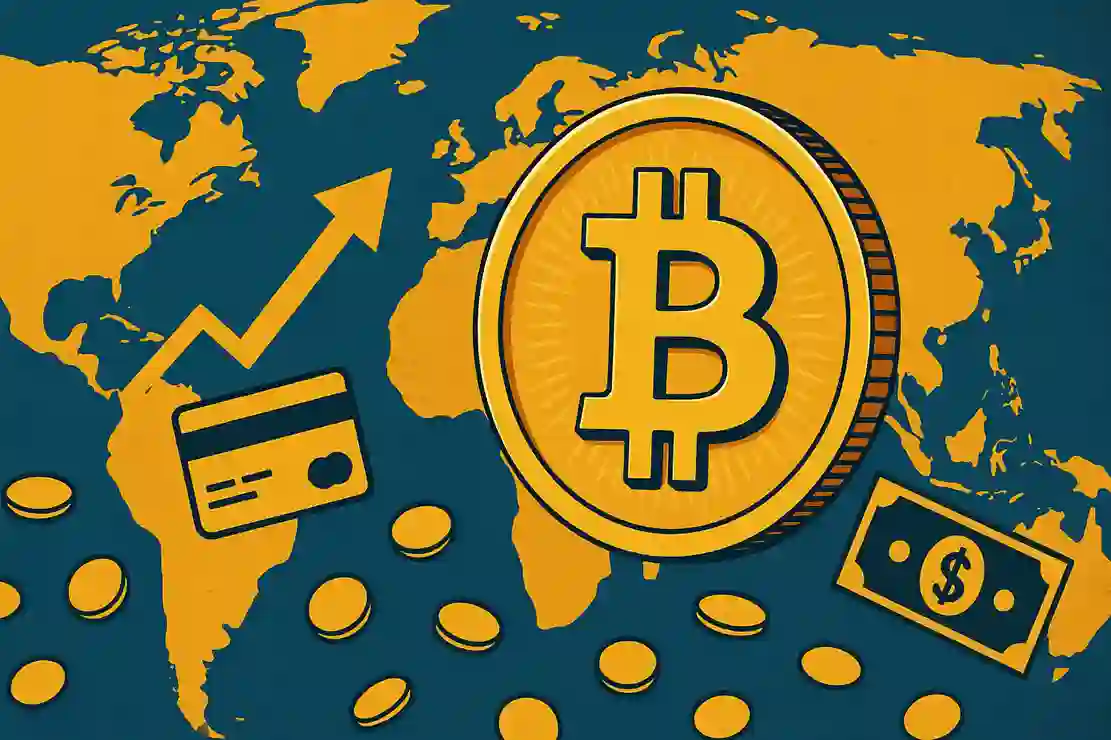When we think about Bitcoin, many picture it as a high-value investment or digital gold rather than something you’d use to pay for your morning coffee.
But Jack Dorsey’s payments company, Block, is working hard to change that perception.
They’ve just laid out a clear plan aimed at making Bitcoin a regular, everyday currency in the United States — not just a store of value.
The Vision for Bitcoin as Daily Money
Block’s lead on Bitcoin hardware and mining, Thomas Templeton, shared this vision recently on social media and in a detailed blog post.
The core idea? Bitcoin should be practical money for daily transactions, not just a speculative asset.
However, to get there, they say Congress needs to update the outdated rules governing digital currencies.
Three Key Policy Changes Block Wants to See
In a recent policy paper titled Policies to Unlock Bitcoin as Everyday Money, Block breaks down the three main changes they believe are crucial:
-
Modernizing Market Regulations: Block supports the Digital Asset Market Clarity (CLARITY) Act, which aims to bring clear, sensible rules to digital assets like Bitcoin. They emphasize that Bitcoin’s open, decentralized nature makes it incredibly transparent and democratic compared to traditional money systems.
-
Protecting Developers and Operators: Not everyone involved in the Bitcoin ecosystem holds or controls customer funds. Block wants laws to recognize this and protect software developers, miners, node operators, and wallet providers from unnecessary regulations meant for money transmitters.
-
Creating Tax Relief for Small Transactions: Right now, if you buy something small with Bitcoin—like a cup of coffee—and the Bitcoin’s value has increased since you bought it, you technically owe capital gains tax on that transaction. Block argues this tax rule discourages everyday spending with Bitcoin and wants a small-transaction exemption similar to how foreign currencies are treated.
Block’s Broader Efforts to Boost Bitcoin Payments
Beyond policy advocacy, Block is investing heavily in making Bitcoin easier to use.
This includes developing mining hardware, secure wallets where users fully control their funds, and integrating Bitcoin payments into Square’s point-of-sale systems for small businesses.
The Legislative Landscape: Progress and Challenges
The CLARITY Act has made significant progress, having passed the House and waiting for Senate action.
Meanwhile, the Blockchain Regulatory Certainty Act, which would protect non-custodial participants, hasn’t moved much in Congress.
Advocates are also hoping for a tax exemption for small Bitcoin transactions to be attached to upcoming legislation, especially after the GENIUS stablecoin law was signed into law recently.
Why This Matters: Staying Competitive in Global Finance
Block warns that without these regulatory updates, the U.S. risks falling behind other countries where Bitcoin payments are already more common at retail.
With Square’s merchant network ready to accept Bitcoin alongside traditional payment methods, Block’s message to lawmakers is clear: it’s time to modernize federal rules to unlock Bitcoin’s full potential as everyday money.
Bitcoin Today: Watching the Market
At the time of writing, Bitcoin was trading just above $117,000.
While market prices fluctuate, Block’s push focuses on the long game—building infrastructure and policies to support real-world Bitcoin use.
